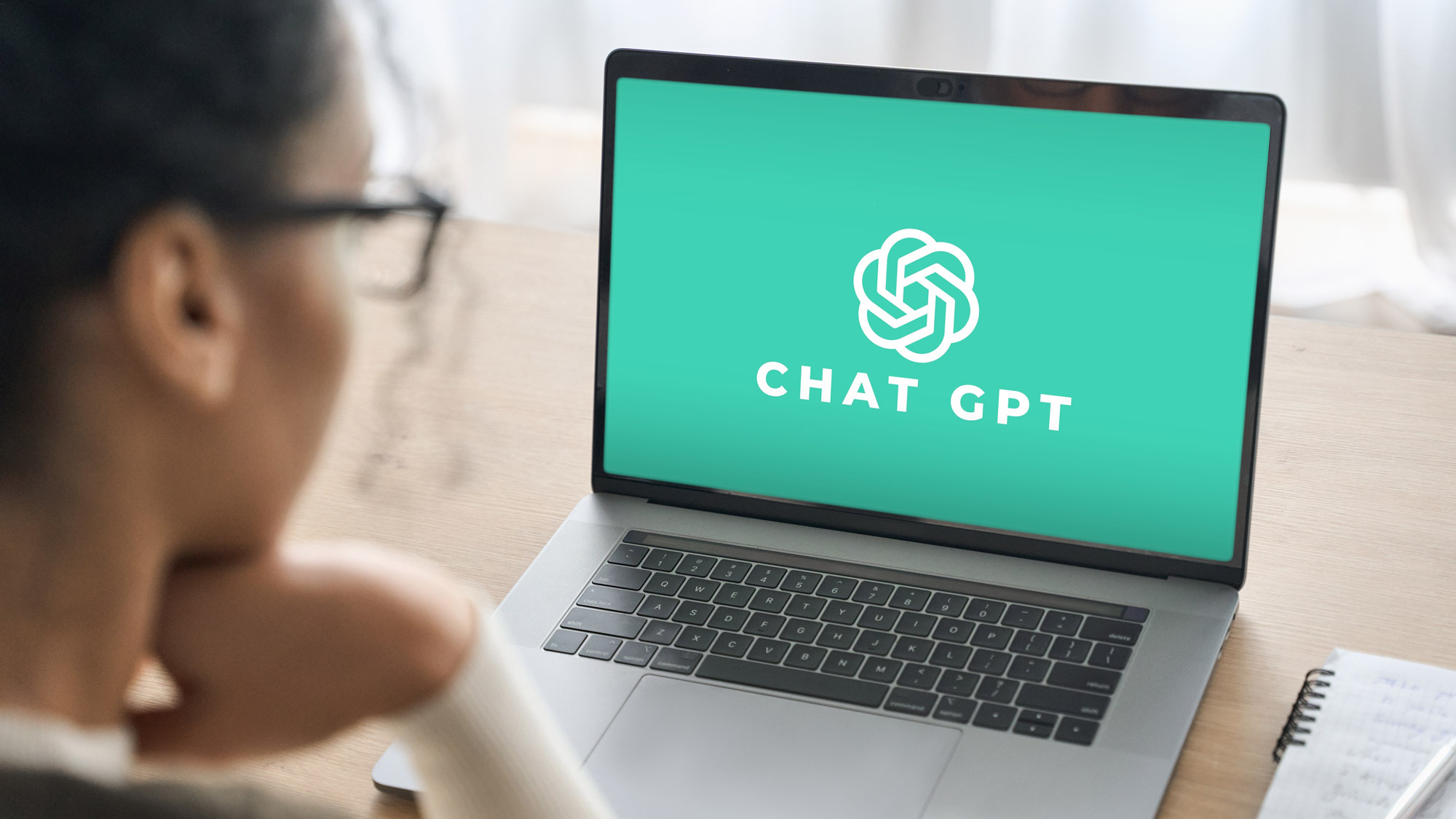ChatGPT has dominated headlines since it arrived in 2022, quickly growing into one of the most powerful and popular AI tools available today. But OpenAI still has ambitious plans for its generative AI model, as recently revealed in an internal strategy document that outlines its goal to create users’ de facto “interface to the internet.”
The heavily redacted document from late 2024 came to light this week as part of the discovery process in the Justice Department’s antitrust case against Google. In it, OpenAI describes the company’s plans to evolve ChatGPT into an “AI super assistant that deeply understands you and is your interface to the internet.”
Even with much of the document blacked out, it’s clear how much OpenAI expects ChatGPT to revolutionize how we go online. The company sees it less as a tool and more as a companion for surfing the web.
“Today, ChatGPT is in our lives through existing form factors — our website, phone, and desktop apps,” the document reads. “But our vision for ChatGPT is to help you with all of your life, no matter where you are.” That includes everything from taking meeting notes or preparing a presentation to helping you catch up with friends or find the best restaurant.
OpenAI goes on to describe ChatGPT as “T-shaped” because it combines “broad skills for daily tasks that are tedious, and deep expertise for tasks that most people find impossible,” like learning to code.
While the first half of 2025 focused on building out ChatGPT as a “super assistant,” the second half will shift to generating “enough monetizable demand to pursue these new models.”
“In the first half of next year, we’ll start evolving ChatGPT into a super-assistant: one that knows you, understands what you care about, and helps with any task that a smart, trustworthy, emotionally intelligent person with a computer could do,” the document states. “The timing is right. Models like 02 and 03 are finally smart enough to reliably perform agentic tasks, tools like computer use can boost ChatGPT’s ability to take action, and interaction paradigms like multimodality and generative UI allow both ChatGPT and users to express themselves in the best way for the task.”
OpenAI reveals ChatGPT’s biggest hurdles
The document also offers a fascinating glimpse into how OpenAI views its competitors like Google Gemini, Microsoft Copilot, and Meta AI.
“Looking ahead to 2025, [REDACTED] poses the biggest threat due to their ability to embed equivalent functionality across their products (e.g. without facing the business model cannibalization risks that Google does,” the document states. The blacked-out portion is fairly short, just a few letters long, which makes Meta the most likely candidate.
OpenAI also stated its support for regulations requiring platforms to let users choose ChatGPT as their default assistant.
Another hurdle OpenAI references is its growing infrastructure needs to keep up with ChatGPT’s ballooning user base, which explains why CEO Sam Altman has made building out data centers one of the company’s cornerstone strategies.
“We are leading here, but we can’t rest,” the document reads, warning that “growth and revenue won’t line up forever.”
More from Tom’s Guide
Back to Laptops
Source link
